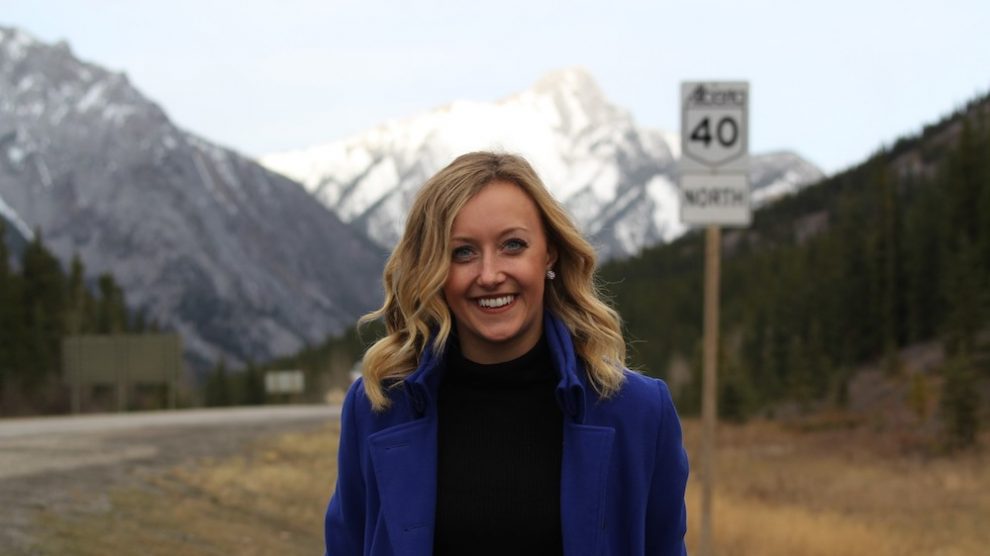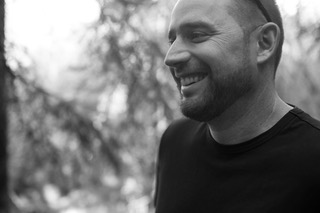It is hard to believe that summer has come to a close already, but indeed it has and our kids are heading back to school. Most of you will be relieved to know that their return to school will be a normal one this year – without mandatory masking, social distancing, excessive hand sanitizing, and routine quarantine periods. We never thought that simple normalcy could be such a welcome blessing, but in 2021, it sure is.
As our kids head into a new school year, the curriculum they will be taught remains a big topic of discussion. During the 2019 election, our government campaigned on a promise to rewrite Alberta’s curriculum. This promise was not only highly popular amongst young families across the province, but grew to become the deciding ballot question for many Albertan parents. Alberta’s current curriculum has been in circulation since the 1980s. Not only are parents I’ve heard from increasingly becoming aware of how badly it needs updating, but even youth are as well. I’ve received countless emails from young and engaged school children and teenagers over the past two years expressing frustration with topics being taught in their classrooms. That is why our Government followed through on our promise to rewrite Alberta’s curriculum for the first time in nearly 40 years, and will be piloting the new curriculum this fall. Unfortunately, neither Rocky View School Division, Foothills School Division, nor Canadian Rockies Public School Division will be piloting the curriculum in our local schools, which I believe is to the detriment of our children.
I understand there has been a significant amount of noise surrounding the new draft K-6 curriculum, so this month I’d like to provide my perspective. Contrary to what the Alberta teachers’ union would have you believe, the new curriculum was developed over a highly consultative two-year period. In August 2019, just four months after the election, we appointed a 12-member expert panel to provide high level direction for the foundational knowledge and skills that the new curriculum should possess. This panel’s participants ranged from lifelong educators to researchers to neuropsychologists. In January 2020, we broadened these consultations to hear directly from a multitude of teachers and parents. Over 8,000 Albertan parents provided feedback through our online survey during this period, and over 300 teachers and education partners provided direct feedback through in-person and online engagements. In addition to all this, we struck a working group of 102 elementary school teachers to provide targeted and specific feedback prior to the draft release, as well as a student advisory council, and a parent advisory council.
The result was an impressive 500-page document that will teach our kids, after years of declining performance comparative to other jurisdictions, to master reading, writing, and speaking; to think fluently about numbers and mathematical equations; to learn about Canadian and world history, geography, culture, and economics; to manage household budgets; to create business plans; to computer code; and even the importance of consent, all packaged with the single most comprehensive English language arts program in North America.
As someone who didn’t learn any substantial Canadian history until I paid to do so in my third year of university, I wish I had grown up learning a curriculum as thorough as this one. Yet unfortunately union lawn signs are popping up all over the province decrying the new curriculum and lobbying our school divisions not to pilot it, despite an overwhelming majority of Albertans voting to compile and implement a new curriculum just two short years ago. Gauging by my email inbox, and the conversations I have with people, the two primary concerns I hear about the draft curriculum are (1) that there is too much content being taught to children at a young age, and (2) that it is somehow racist.
If the largest problem with the curriculum is that we will be over-educating our kids and teaching them too much compared to the rest of the world, I’d say we are doing pretty well. I would actually argue that having a generation of Albertans who learned more in school than those who grew up in any other part of the country is a very good problem to have, and will give our kids a competitive edge when they eventually enter university and the labour force. There are also countless psychological and developmental studies that suggest our brains are most pliable when young, which is why kids learn new languages significantly easier than adults can. Our brains absorb knowledge when we are young, and I am very confident that Alberta kids will do just that when presented with the new curriculum.
We should not be doubting our kids’ capabilities. The other claim that the new curriculum is somehow racist is, in my opinion, not at all true. Let me be clear: racism is a despicable sickness of the soul and has absolutely no place in our province. Those who experience racism, which I admittedly do not, suggest that the biggest hindrance to resolution is racism’s subconscious, systemic nature in our society. If that is to be true, educating children to understand and respect their fellow classmates’ histories, cultures, and religions from a young age could be the single most transformational change we make to eliminate the implicit judgements and assumptions we make about others as we grow up. Learning about other world religions or racist groups and organizations is not about glorifying racism or pushing religious beliefs in the classroom. It is about teaching children to have compassion for one another and their family histories, in an intimate and personal setting, without the sensationalism of mass media.
The draft K-6 curriculum is simply that, a draft. As schools across the province begin to pilot it this fall, our Government will continue to collect feedback so that the final version of the curriculum implemented provincewide in fall 2022 is the best version possible. If you’d like to read the draft curriculum in full or provide feedback, visit www.alberta.ca/curriculum. I truly believe that our province’s new draft K-6 curriculum will very quickly result in positive educational outcomes for the Albertan kids fortunate enough to attend schools that choose to pilot it in the fall.
Unfortunately, that won’t be any of the kids in our communities this year.
Miranda Rosin, MLA























